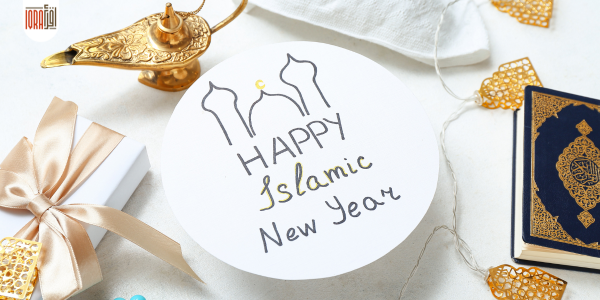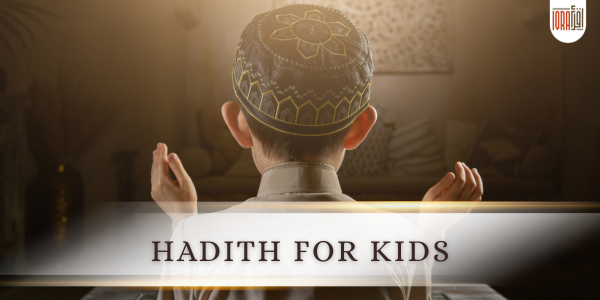In a world where image dominates conversations and screens define identities, the concept of the niqab emerges as a quiet, powerful declaration. This article dives deep into the meaning of the niqab, its distinction from the hijab, the motivations behind it, and the modern-day challenges and empowerment surrounding this often-misunderstood form of modesty. If you are a Muslim searching for answers, guidance, or affirmation, this heartfelt journey is for you.
Niqab: A Symbol of Faith and Identity
The niqab is not just a piece of cloth—it represents a deeply rooted spiritual journey. It embodies a woman’s commitment to her Creator, a declaration of modesty, and an act of devotion. For many Muslim women, wearing the niqab goes beyond the external. It becomes a way to disconnect from superficial judgment and focus on inner character, sincerity, and piety.
Allah commands modesty in both men and women. The niqab, adopted by some as a part of that divine command, becomes an individual’s heartfelt response to the Qur’an’s guidance. While it is true that scholars have different opinions about whether the niqab is obligatory, all agree on one thing—it is never discouraged when done with sincerity, modesty, and faith.
“O Prophet, tell your wives and your daughters and the women of the believers to bring down over themselves [part] of their outer garments…” — Surah Al-Ahzab (33:59)
Hijab vs Niqab: Understanding the Difference
Many people confuse hijab and niqab. While both relate to modesty in Islamic attire, they are different in practice and purpose.
- Hijab covers the hair, neck, and often the chest.
- Niqab covers the face, leaving only the eyes visible.
Both are rooted in the concept of haya’—a deep sense of shame, modesty, and humility. Hijab is a minimum requirement for modest dress, while niqab is considered a deeper level of covering for those who choose to go further.
Some women may start with the hijab and later transition into wearing the niqab as their spiritual confidence grows. Others may remain in hijab their entire lives. Islam honors both paths, as intention weighs heavier than the fabric on one’s body.
Why Muslim Women Choose to Wear the Niqab
Contrary to popular media stereotypes, women across the world choose the niqab voluntarily. These women often describe their decision as liberating. It is a choice that strengthens their identity, fosters dignity, and keeps their actions grounded in purpose. Some of the most common reasons include:
- Deep love for Allah and the Sunnah of the Prophet ﷺ
- Seeking modesty in an increasingly immodest world
- Protection from the gaze and judgment of others
- Empowerment in choosing what others see of them
- Spiritual peace and inner contentment
“To wear niqab is to live beyond society’s labels. It’s to say, ‘Judge me for my mind, not my looks.’” – Niqabi from Toronto
Niqab in the Light of Islamic Jurisprudence
The majority of scholars agree that the hijab is mandatory. But they hold different views regarding the niqab:
- Hanbali school: Strongly encourages or obligates the niqab.
- Maliki, Hanafi, and Shafi’i schools: Consider niqab recommended but not required unless there’s fear of fitnah.
Egypt’s Dar Al-Ifta, a globally respected Islamic authority, clearly states:
“The niqab is a noble act of worship, but not an obligation. It remains optional and commendable when practiced with good intention.” (source)
This shows how Islam respects personal convictions within the framework of modesty.
Facing Prejudice with Grace: Challenges of Wearing the Niqab
Let’s be honest. Wearing the niqab comes with challenges—social, political, and even emotional. In some countries, niqabis face:
- Discrimination in public spaces
- Unjustified bans and fines
- Hostility and suspicion
- Lack of career opportunities
Yet, in the face of all this, many women respond not with anger, but with calm strength. They walk through airports, attend universities, and speak at conferences—all while wearing the niqab.
They are doctors, lawyers, teachers, students, mothers—and they’re breaking stereotypes with every step.
Western Feminism and the Niqab: Misunderstood Freedom
It’s ironic that Western feminism champions a woman’s right to choose—except when it comes to the niqab. Some argue that the niqab “oppresses” women, yet they fail to ask the niqabi why she wears it.
True empowerment lies in allowing a woman to choose her attire—be it short skirts or full face veils—without judgment. A niqabi chooses submission not to society’s gaze, but to Allah’s mercy.
The Psychological Impact of Wearing the Niqab
There’s an untold peace that comes with the niqab. It allows the woman to detach from worldly pressures and connect more deeply with her Creator.
Studies and testimonials from Muslim women reveal:
- Increased confidence in public interactions
- Less stress about physical appearance
- More focus on self-development and religious growth
- Emotional resilience in difficult environments
The Niqab in the Workplace: Can Modesty and Professionalism Coexist?
Absolutely. And countless Muslim women prove it every day. From tech companies in Malaysia to clinics in Qatar, from Islamic schools in the UK to online entrepreneurship in the US—niqabis contribute just like everyone else.
The key lies in:
- Creating inclusive policies
- Educating HR departments on religious rights
- Opening respectful dialogue
Women should not have to choose between career and faith. They can, and do, thrive with both.
Join Our Courses and Strengthen Your Connection with Faith
If you’ve been thinking about learning more about Islam, the Qur’an, or simply how to build a strong spiritual foundation, we invite you to Join our Courses at Iqra Network. Deepen your connection with your deen through our professionally developed curriculum led by qualified scholars.
Or take your first step by registering for our program to access classes on Qur’an, Tajweed, and more.
Niqab Through the Lens of Media: Distorted or Truthful?
Media portrayals often reduce niqabis to faceless, voiceless entities. Movies and headlines sensationalize the veil, often equating it with extremism or backwardness.
However, when niqabis speak for themselves, a different story unfolds—one filled with grace, clarity, and empowerment.
We must reclaim the narrative, with Muslim women at the center.
FAQs
Is the niqab mandatory in Islam?
No, it is not obligatory according to the majority of scholars. It is, however, recommended and honored as an act of piety.
Does the niqab isolate women?
Not at all. Many niqabis are socially active, attend schools, work jobs, and maintain strong relationships.
Can you breathe and speak clearly in a niqab?
Yes. Niqabs are made of breathable fabric, and women adapt easily. There are even sports niqabs designed for physical activity.
How do non-Muslims usually react to the niqab?
Reactions vary. While some are curious or respectful, others are misinformed. Education and personal interaction often bridge the gap.
Is there a specific age when one should start wearing the niqab?
No fixed age exists. It is a personal decision made when one feels spiritually ready.
Can niqabis perform public speaking or teaching?
Definitely. Many niqabi women are lecturers, influencers, and scholars who deliver powerful messages across platforms.
Conclusion: A Garment of Strength and Sincerity
The niqab is not just a veil; it’s a statement—a promise between a woman and her Lord. It is an act of love, resilience, and honor. Whether you choose to wear it or not, respect for the niqab is respect for freedom, faith, and dignity.
To every Muslim woman out there: your journey is sacred, your choice matters, and your voice deserves to be heard—veiled or unveiled.
Helpful Links and References





0 Comments
Oops comments are disabled